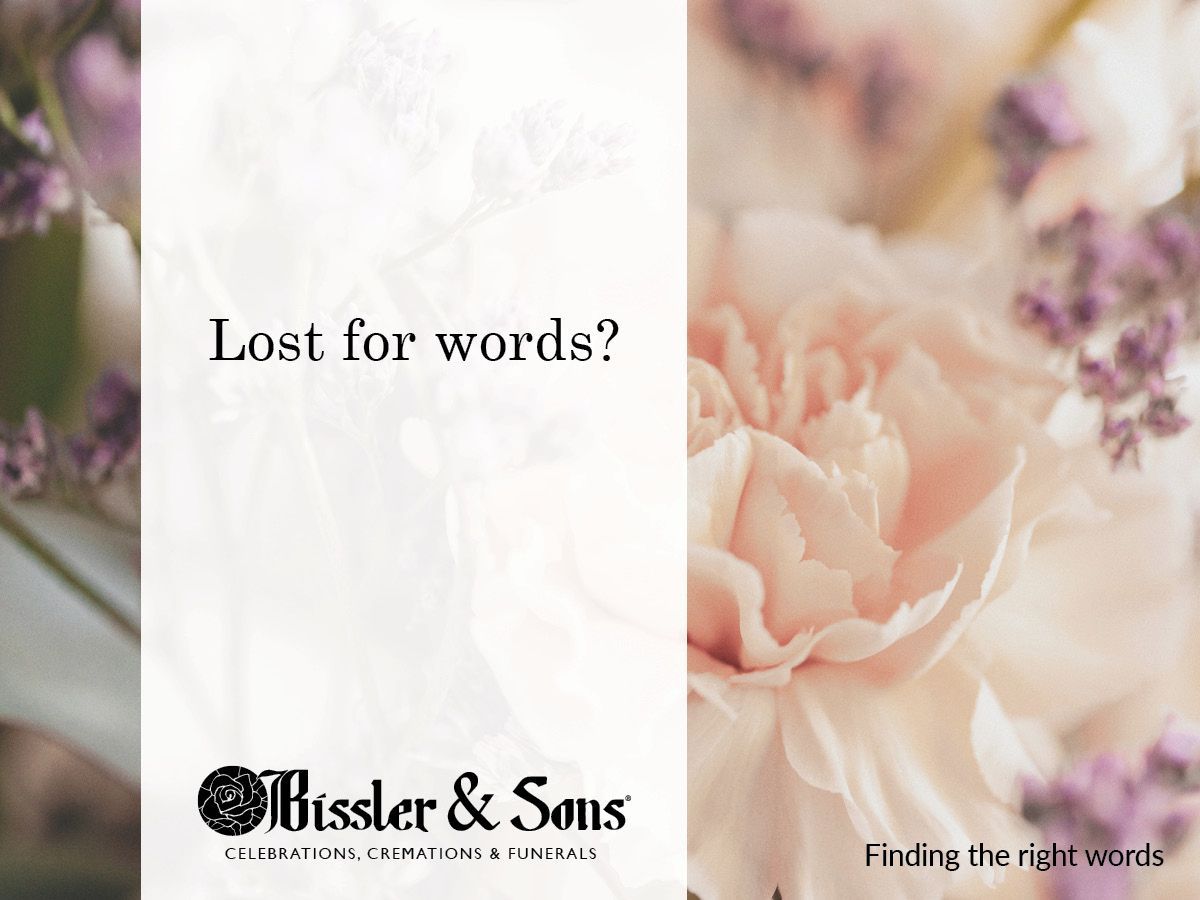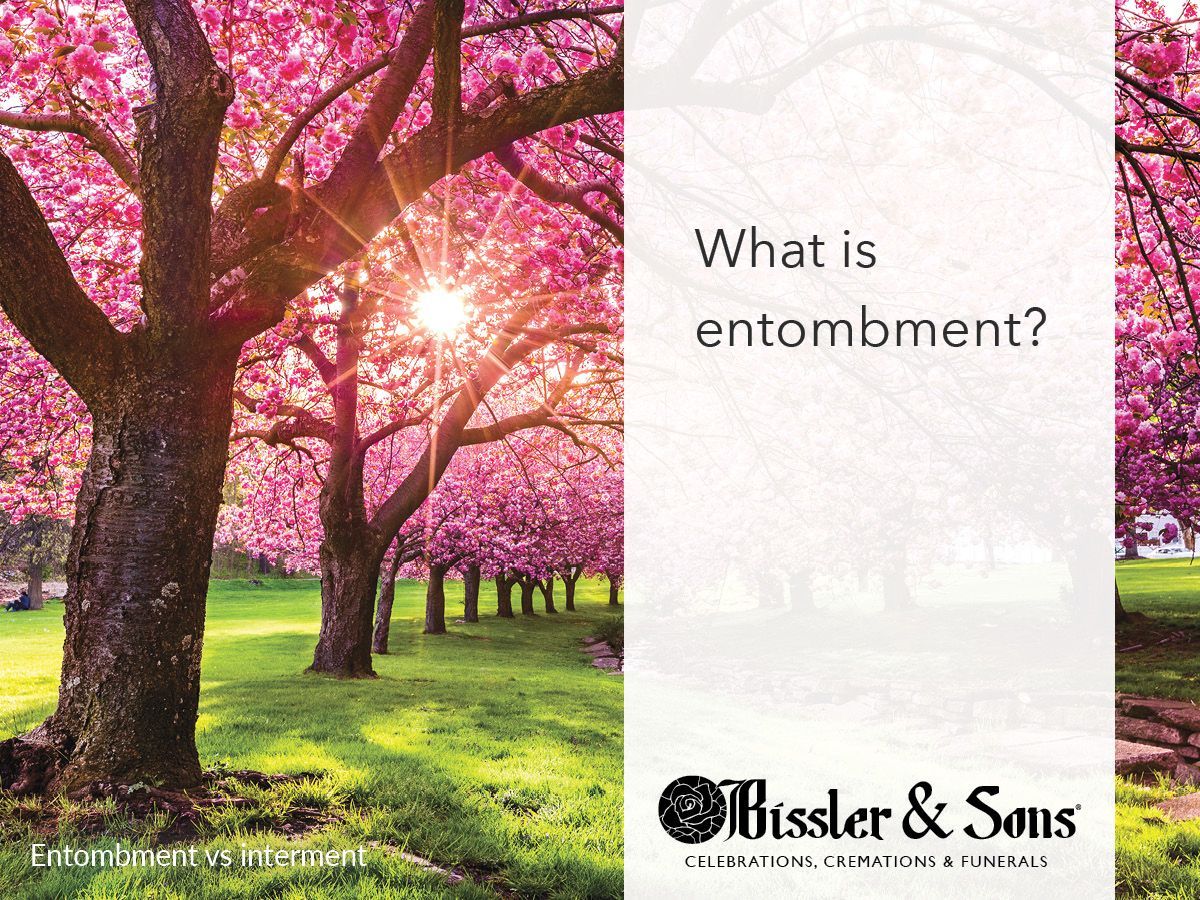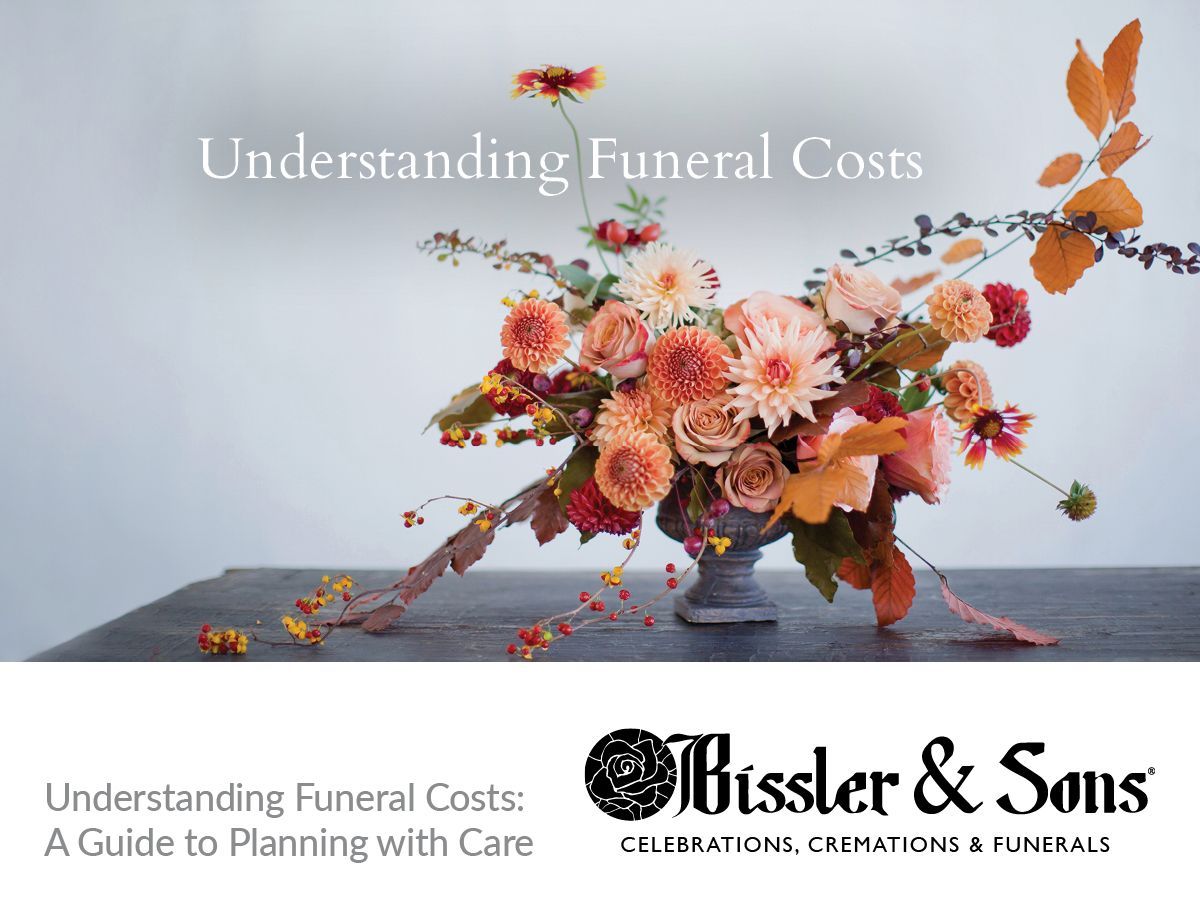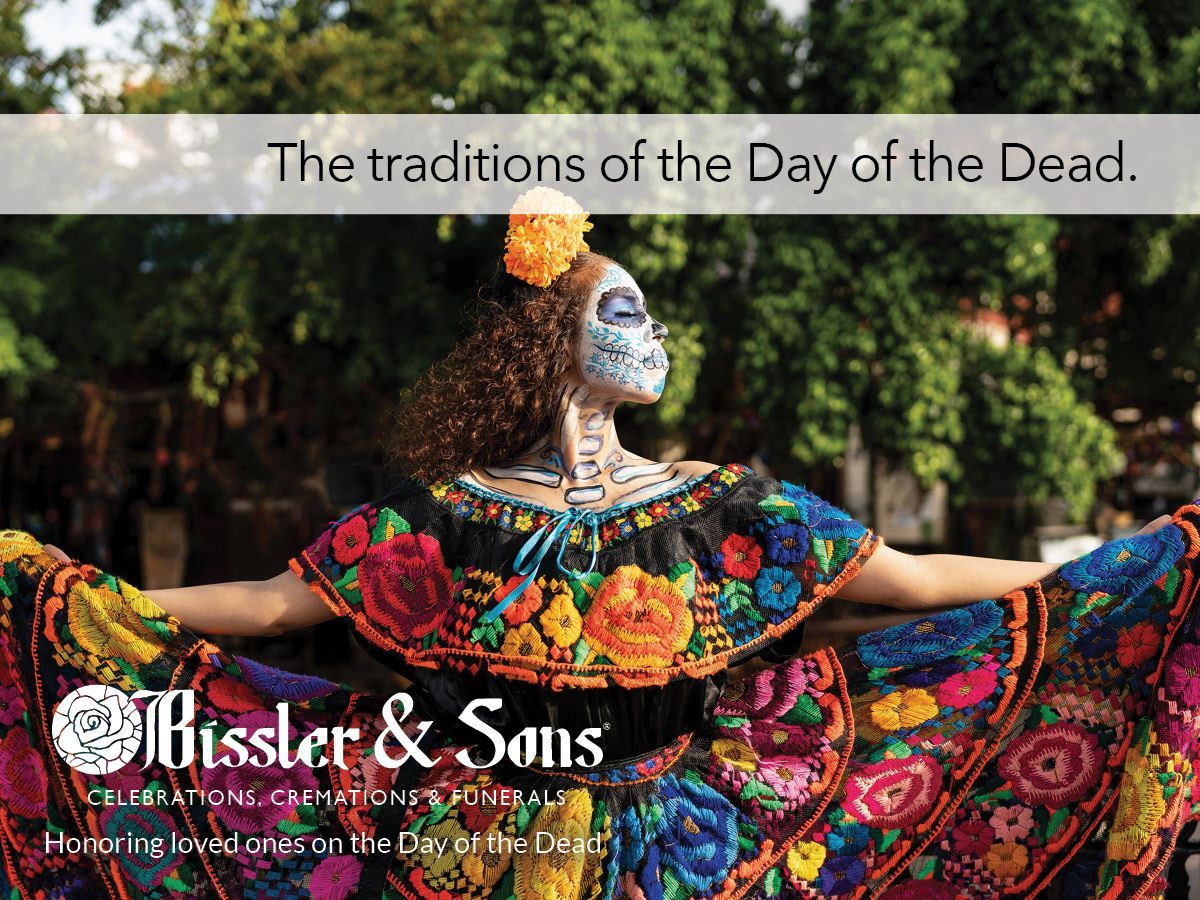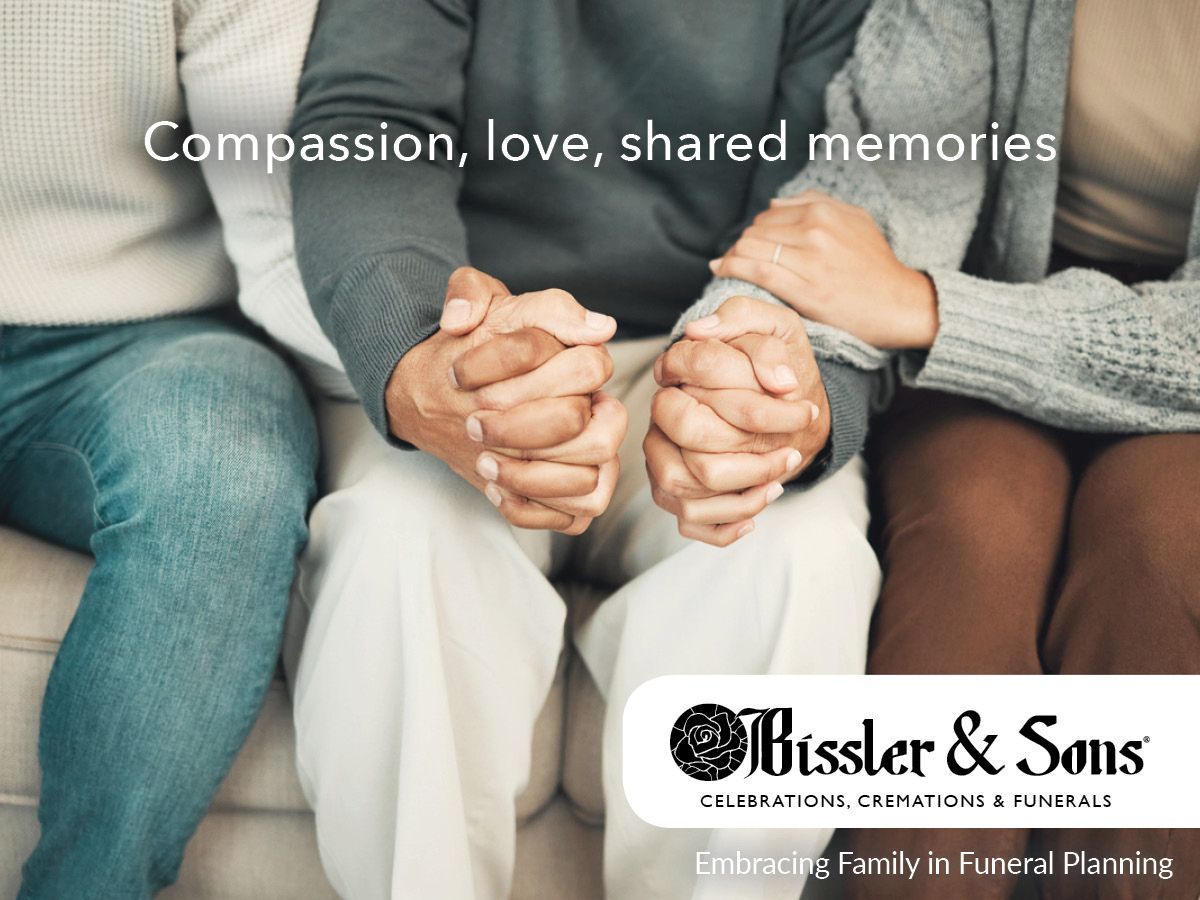What Does it Mean to Have Funeral Wishes on File?
According to Oxford Languages … a wish is a desire or hope for something to happen. When it comes to funeral service, having funeral wishes on file means that one has shared what they hope to have happen in regard to their funeral service with a funeral professional who has made note, created a file, and retained it at the funeral home.
Usually included in the expressed wishes will be a preference for final disposition: the desire to be either buried or cremated. If the desire is to be cremated, also included will be what will be done with the cremated remains. Will they be buried, scattered, or retained? Next will be the funeral service itself. Some people will go into great detail preselecting readings and music. Others will leave general instructions and leave it to the family to sort out the details. The wishes kept on file are a roadmap for the family to follow.
While having wishes on file is usually a much-appreciated gift of guidance for families, wishes are not legally binding. Legally speaking, the person who signs the funeral contract determines and is financially responsible for what occurs in the funeral service.
Wishes on file are only helpful if the people who will be making decisions when you die know about them. When you make your plan with your funeral director, be sure to ask for a copy of the plan. Let your family know you have left instructions. Be sure they know the name of the funeral home that you expect to oversee your service. Be certain that the copy of your wishes is in the hands of a responsible family member and that all of those who would be likely to be involved in making your funeral arrangements are aware of your desire.
Most often, funerals are paid for by the estate of the deceased. This means the executor of the estate will determine the scope of the funeral service. If there is no executor, responsibility usually follows the bloodline. Each state has laws regarding who is in charge of and responsible for payment for funeral services. Most often it will be the spouse, followed by the oldest surviving child, who will make decisions.
A pre-paid funeral plan, often referred to as a funded advance funeral plan, typically carries more weight with survivors than wishes on file. Most families will execute funded plans as written. Funded plans are also taken more seriously by the person who made them. They tend to be very clearly communicated to family members and kept in a secure, accessible location. Wishing for something is one thing; having paid for it is another. If it is important to you that your wishes are carried out, you should speak to your funeral professional about funding your funeral wishes.
